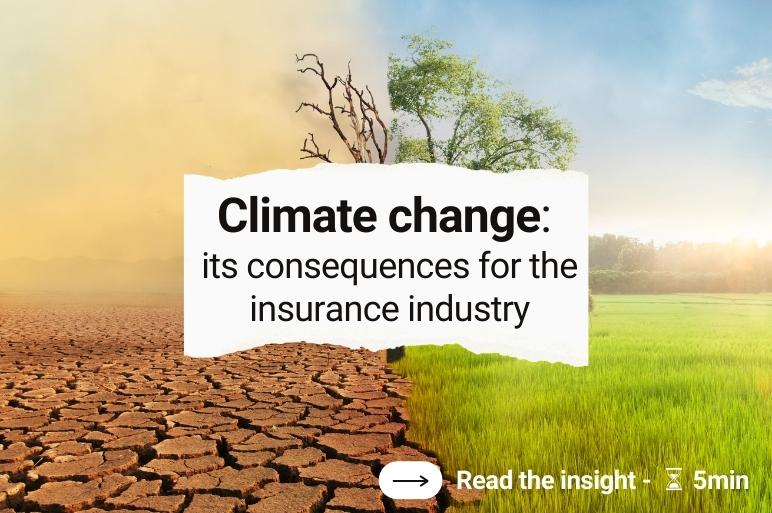Global warming is an escalating issue that affects various sectors worldwide, and the insurance industry is no exception. As climate change intensifies, insurance companies face new challenges and opportunities. In this blog, we'll explore how global warming impacts the insurance industry, highlighting the pros and cons, and providing links to leading insurance companies for further insights.
Understanding Global Warming and Its Effects
What is Global Warming?
Global warming refers to the long-term rise in Earth's average surface temperature due to human activities, primarily the emission of greenhouse gases. This phenomenon leads to climate change, which manifests in extreme weather events, rising sea levels, and altered weather patterns.
How Global Warming Affects the Insurance Industry
The insurance industry is directly impacted by global warming through increased claims from natural disasters, changes in risk assessment, and the need for new insurance products.
Pros of Global Warming on the Insurance Industry
1. Increased Demand for Insurance Products
As extreme weather events become more frequent, individuals and businesses seek more comprehensive insurance coverage to protect against natural disasters. This drives demand for various insurance products.
2. Innovation in Insurance Solutions
Global warming encourages innovation within the insurance industry. Insurers develop new products and services, such as climate risk insurance and parametric insurance, to better serve their clients' needs.
3. Enhanced Risk Management
The increased risks associated with global warming prompt insurers to adopt advanced risk management strategies. This includes leveraging big data and predictive analytics to assess and mitigate climate-related risks more effectively.
4. Opportunities for Sustainable Investments
Insurance companies can invest in sustainable projects and renewable energy initiatives, aligning their financial strategies with climate resilience and benefiting from emerging markets.
5. Public Awareness and Education
Global warming raises public awareness about the importance of insurance. Insurers can capitalize on this heightened awareness by educating consumers about the benefits of adequate coverage and risk management.
Cons of Global Warming on the Insurance Industry
1. Increased Claims and Payouts
The frequency and severity of natural disasters lead to higher claims and payouts for insurers. This can strain financial resources and impact profitability.
2. Rising Premiums
To offset increased risks and claims, insurers may raise premiums. Higher premiums can make insurance less affordable for consumers, potentially reducing the number of policyholders.
3. Unpredictable Risk Assessment
Global warming introduces new variables into risk assessment models, making it more challenging to predict and price risks accurately. This uncertainty can lead to underwriting losses.
4. Regulatory and Compliance Challenges
As governments implement climate-related regulations, insurers must comply with new standards and reporting requirements. This adds complexity and potential costs to their operations.
5. Reputational Risk
Failure to address climate-related risks adequately can result in reputational damage. Insurers must balance profitability with their responsibility to contribute to climate resilience and sustainability.
Leading Insurance Companies Addressing Global Warming
Several insurance companies are proactively addressing the challenges posed by global warming. Here are a few examples:
- Allianz: Known for its commitment to sustainability and climate risk management. Learn more.
- AXA: Implements comprehensive climate strategies, including investments in green projects. Learn more.
- Zurich Insurance: Focuses on climate resilience and reducing its carbon footprint. Learn more.
- Swiss Re: Pioneers in climate risk assessment and parametric insurance solutions. Learn more.
- Munich Re: Leading provider of reinsurance and climate risk solutions. Learn more.
Conclusion
Global warming significantly impacts the insurance industry, presenting both challenges and opportunities. While insurers face increased claims, rising premiums, and regulatory hurdles, they also have the chance to innovate, improve risk management, and contribute to sustainability. By adapting to these changes, the insurance industry can not only protect its financial stability but also play a crucial role in mitigating the effects of climate change and fostering a resilient future.
Understanding these dynamics is crucial for both insurers and policyholders as we navigate the evolving landscape shaped by global warming.



0 Comments